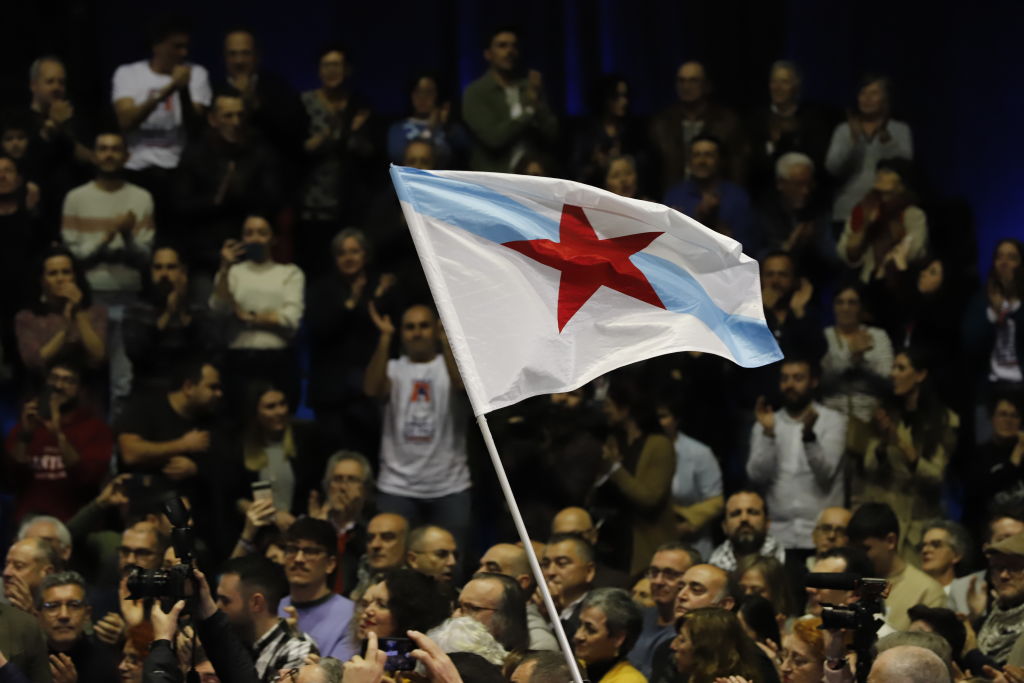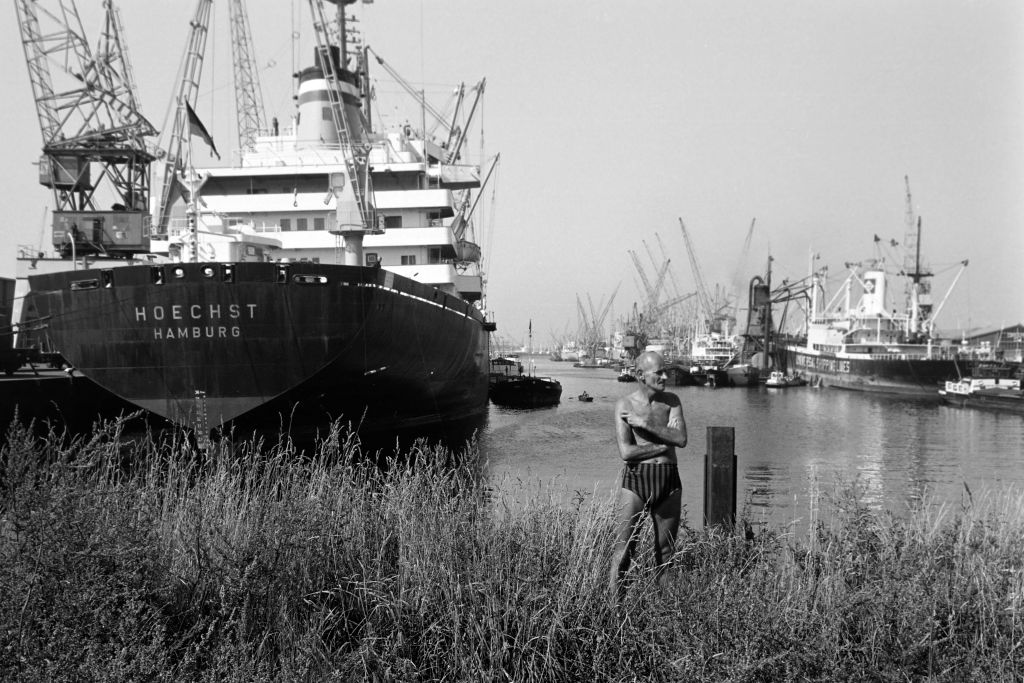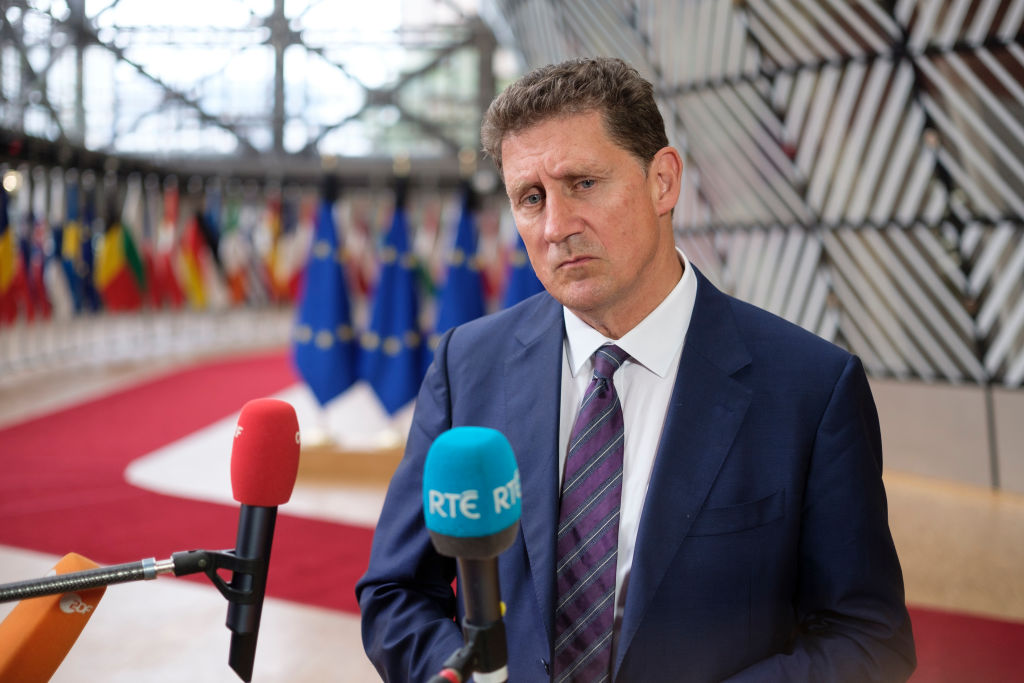Oktoberfest may still be a few months away, but it’s never to early to prepare with our report of last year’s event from James Jeffrey.
“It’s tapped!” announced Dieter Reiter, the Lord Mayor of Munich.
With that, the 188th Oktoberfest officially began on 18 September.
Bets are taken on how many taps the mayor will need to administer with a large wooden mallet to get the faucet into a beer keg to pour the festival’s first 1-litre glass of beer—with many, many more to follow.
Following the tapping, twelve gunshots are fired on the stairway of the Ruhmeshalle, a nearby ornate and imposing colonnade. This is the signal for the festival’s other beer tents to start serving beer.
It’s estimated—going off previous festivals—that festival attendees drink around 7 million litres of beer and consume half a million chickens, along with a lot of sausages and frites.
VIDEO: Oktoberfest has begun in Munich! The German city's mayor tapped the first keg to open the annual beer festival, which runs until October 3. pic.twitter.com/u8nBFG2C9B
— AFP News Agency (@AFP) September 16, 2023
“We are the calling card for ‘Joie de Vivre’,” Bavarian State Premier Markus Soeder told German broadcaster Deutsche Welle, referring to the famous French phrase meaning “joy of living”. “There’s no party like this in the rest of Germany, or even the whole world.”
The festival was cancelled in 2020 and 2021 due to Covid-19. People are clearly glad it is up and running again—after the festival opened its gates this year, crowds dressed in traditional Bavarian clothing sprinted to the beer halls to secure themselves good spots.
Running from 16 September – 3 October, about 6 million people were expected to attend this year’s Oktoberfest.
While it looks great fun, the festival is not cheap. Entrance to any of the beer tents is free, but a 1-litre glass of beer costs around €14-16, while half a chicken costs about €15, and a meal between €9 – 30, depending on the size of offering.
The festival originated back on October 12, 1810, in celebration of the marriage of the crown prince of Bavaria, who later became King Louis I, to Princess Therese von Sachsen-Hildburghausen, notes the online Britannica encyclopaedia.
That first festival concluded five days later with a horse race held in an open area that came to be called Theresienwiese (“Therese’s green”), which remains a focal point of the festival today.
Munich is the capital and most populous city of the German state of Bavaria, a region famed for its beautiful countryside, dramatic mountains, Neuschwanstein Castle—the famous “fairy castle” built for King Louis II of Bavaria in 1869–86—its folk culture and, of course, its beers.
So, if you attend an Oktoberfest and your head can bear it, afterwards there’s plenty more to explore outside of Munich once the festival beer kegs have been taken away for another year.





